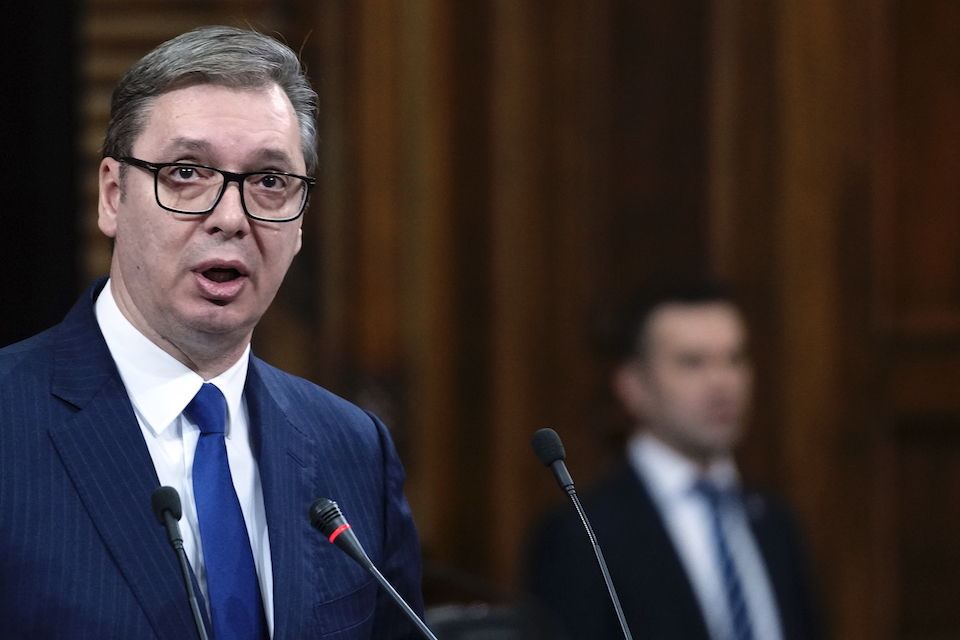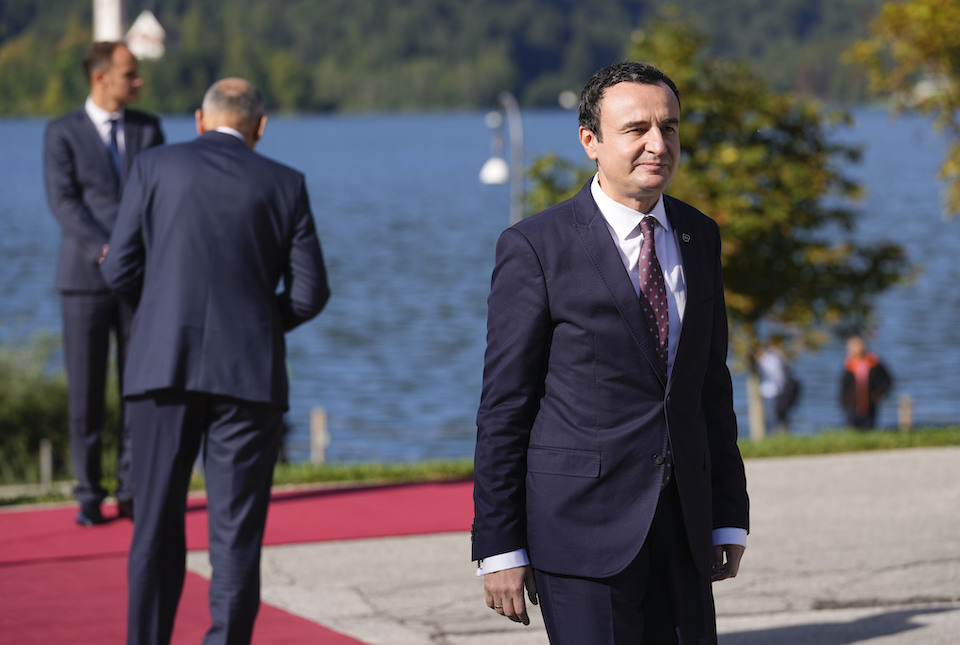
Exactly 15 years have passed since Kosovo declared its independence on February 17, 2008. Now, 15 years later, the region is still in a phase of “dangerous uncertainty”.
There are very few places on earth where a dispute over license plates could lead to war, and the city of Mitrovica in northern Kosovo is one of them, according to an analysis on the Eurasia Group website Gzero.
Mitrovica is located in predominantly Albanian Kosovo, but the majority of its inhabitants are Serbs who do not recognize the Kosovo government. There are government offices in both Serbia and Kosovo, which in some cases are located in the same buildings. No one really knows who is in charge, but everyone has strong (and often conflicting) ideas about who it should be.
The uncertainty driving the pace of life in places like Kosovska Mitrovica testifies to the open accounts and backlog left by Kosovo’s unilateral declaration of independence from Serbia, proclaimed exactly 15 years ago on February 17, 2008.
Kosovo in 2023 is a de facto independent state, which, however, has no representation in international organizations such as the UN. The European Union and the US recognize its independence, but countries in Latin America, sub-Saharan Africa, Asia, and even Europe have not yet recognized its independence. In 2023, there are still thousands of NATO troops on its territory, tasked with protecting about two million inhabitants.
Kosovo and Serbia have been negotiating for more than a decade with EU support, but despite both countries’ ambitions to join the EU, little progress has been made so far and experts say things are not getting better, Gzero continues his analysis. “There is no trust between the two parties” and there is a lot of animosity between them, says Crisis Group’s Marko Prelec.
Much of this tension is concentrated in Mitrovica and other parts of northern Kosovo. There are schools and hospitals run not by Pristina but by Belgrade, and the Serb minority there is reacting to Kosovo’s attempts to impose its rule.
Tensions will peak in 2022, when the two sides will squabble over a number of issues: policing, the functioning of institutions, car license plates (and the authority to which they are issued), etc. Scenes from last year with barricades, violent clashes and threats of Serbian troops evoke memories. So far, however, the tension has not gotten out of hand.

Is there a way out of the quagmire? According to the outlines of the leaked (so-called Franco-German) plan, a plan backed by the US and the EU, both sides could accept each other’s borders but not formally recognize each other, Kosovo could get a UN seat, and the Kosovo Serbs could secure more autonomy at the expense of creation of the Union of Serbian municipalities.
However, even this plan is undermined by the severity of other problems.
Serbian President, Alexander Vucicand Prime Minister of Kosovo, Albin Kurti, “hate each other,” as Gzero put it in his analysis. However, at the same time, both sides disagree on what should be done first? Give more autonomy to the Kosovo Serbs or give Pristina a UN seat?

Kosovo Prime Minister Albin Kurti (AP Photo/Darko Bandic)
“Each side assumes that the other will try to trick them into signing. So they both insist on getting what they want, which is problematic,” says Marko Prelec, Crisis Group’s Balkan expert.
According to Gzero
Source: Kathimerini
Anna White is a journalist at 247 News Reel, where she writes on world news and current events. She is known for her insightful analysis and compelling storytelling. Anna’s articles have been widely read and shared, earning her a reputation as a talented and respected journalist. She delivers in-depth and accurate understanding of the world’s most pressing issues.